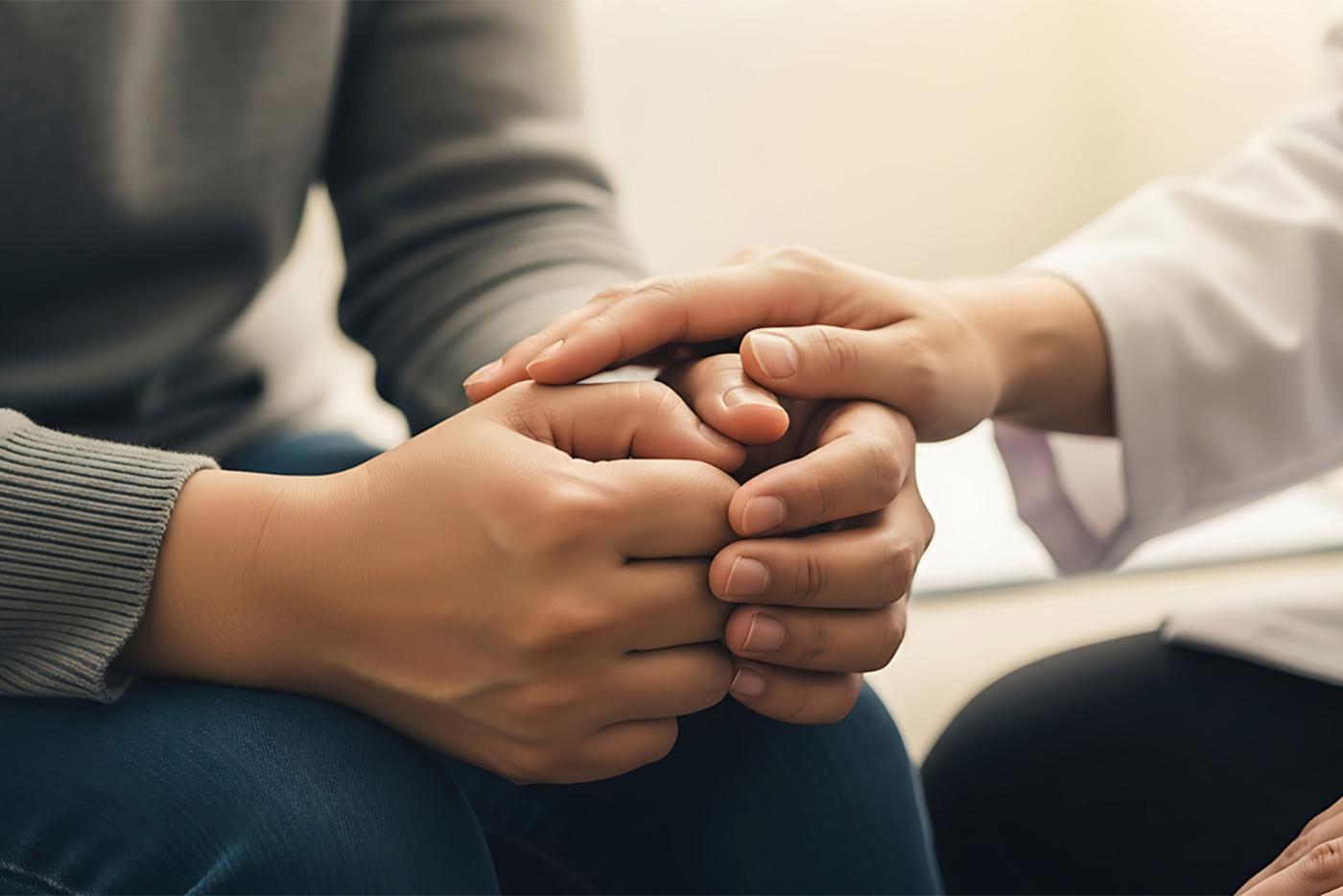Guilford County held the third annual stakeholder input session on the use of the county’s opioid settlement funds on June 30. Hosted by the Guilford County Division of Public Health, the meeting was attended by 48 representatives from 20 key community partners critical to understanding and addressing the opioid epidemic, including health and human services agencies, law enforcement, universities and colleges, schools, non-profits, courts and Guilford County Government.
Guilford County will receive $40.75 million in opioid settlement funds over the course of 17 years, from 2023 to 2039. From fiscal years 2023-2025, the county received $12.1 million in settlement funding with approximately $9 million being spent in FY25. The annual stakeholder meeting gathers community feedback to ensure the funds are being used to combat the opioid crisis in the most transformative ways for the community, both in the short term as well as in long-term programming.
"I am proud of the comprehensive nature of the opioid settlement plan, from education to early intervention to residential service delivery," said Victor Isler, Interim County Manager and Health and Human Services Director. "This session reflects our commitment to addressing the opioid crisis with the full spectrum of care and support our community deserves."
Guilford County opioid settlement projects for 2024-2025 included:
- Creating the new Guilford County Opioid Project Dashboard on the county website to track and report initiatives from the settlement funds.
- Purchasing naloxone, fentanyl test strips and xylazine test strips; distributing 3,800 naloxone kits and test strips through the Guilford County Division of Public Health and community partners; and distributing more than 1,100 naloxone kits in vending machines.
- Increasing spending on services such as GCSTOP’s low-barrier Medication for Opioid Use Disorder (MOUD) clinic and the North Carolina Survivors Union low-barrier health hub services which include harm reduction supplies, low barrier MOUD and wound care services.
- Beginning construction for the Lees Chapel site to become a residential treatment facility.
- Dedicating funding and completing facility design for the Women with Children Recovery Center.
- Improving outcomes on overdose-related deaths (38.7 out of 100,000 residents in 2024, representing 213 people) through the Guilford County EMS referral process and increased funding for GCSTOP’s community-based Post Overdose Response Team (PORT).
- Holding drug and injury prevention program events, such as trainings for the community about harm reduction, overdose prevention and naloxone (2,144 participants).
Session attendees discussed outcomes of the 2024-2025 opioid settlement projects, voicing positive feedback for progress in harm reduction work, naloxone training and distribution, community activities and education, and partnership among community-based agencies. Looking ahead, attendees recommended increasing collaboration with the City of Greensboro Behavioral Health Response Team, increasing education on maternal health and Substance Use Disorder (SUD), providing more data and community updates, utilizing more naloxone vending machines and nalox-boxes, and including more people with lived experience into the collective work.
"This year’s meeting reaffirmed the strength of our collaborative approach," said Amanda Clark, Drug and Injury Prevention Manager, Guilford County Division of Public Health. "While there is still work to be done, the progress we are seeing gives us hope and a roadmap for continued success.”
Current and ongoing initiatives to address the Guilford Opioid Challenge include:
- The Guilford County Solution to the Opioid Problem (GCSTOP), a community-based nonprofit organization with the mission of reducing opioid-related mortality in Guilford County.
- North Carolina Survivors Union, a community-led statewide grassroots organization made up of people who are directly impacted by drug use.
- Volunteers of America, one of the nation’s largest human services organizations dedicated to helping those in need rebuild their lives and reach their full potential.
If you or someone you know is struggling with opioid addiction, help is available by visiting or calling the Guilford County Behavioral Health Center or by calling 988 from anywhere in the U.S.

